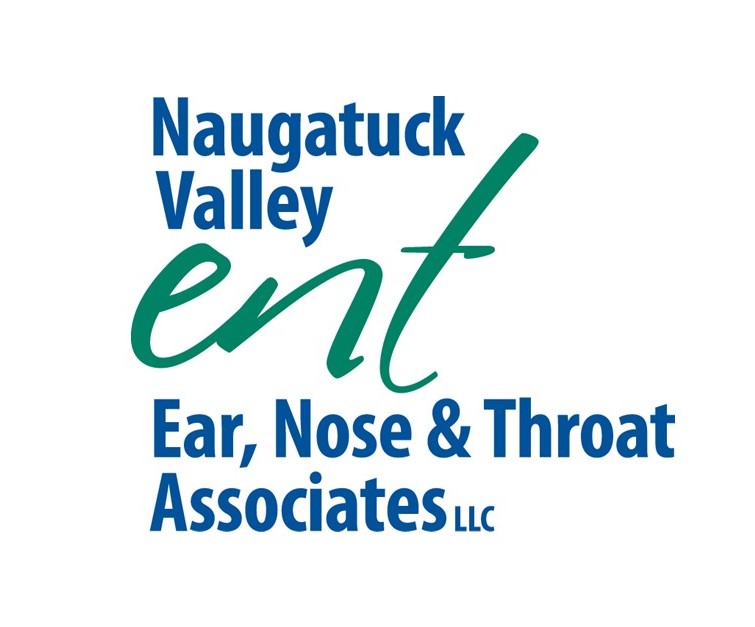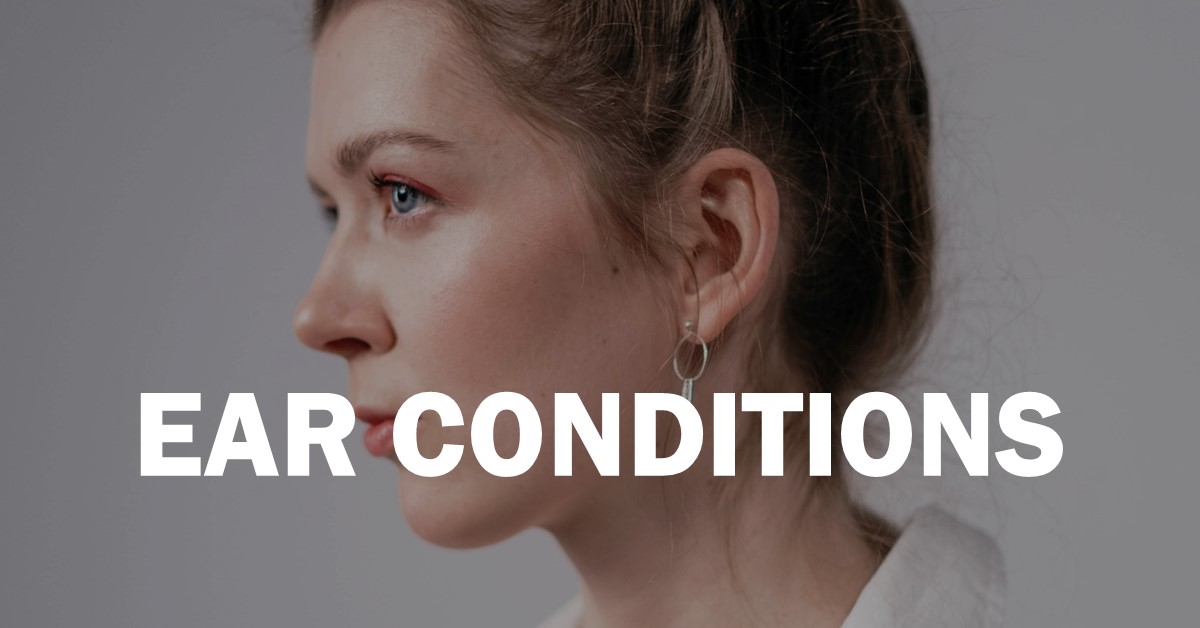Earwax (Cerumen Impaction)
What Causes Earwax Blockage?
When a patient has wax blockage against the eardrum, it is often because they have been probing the ear with such things as cotton-tipped swabs, bobby pins, or twisted napkin corners. These objects only push the wax deeper into the ear canal.
What Are the Treatment Options?
Cleaning a working ear can be done by washing it with a soft cloth, but do not insert anything into the ear. Ideally, the ear canals should never have to be cleaned. However, that isn’t always the case. The ears should be cleaned when enough earwax gathers to cause symptoms or to prevent a needed ear assessment by your doctor. This condition is called cerumen impaction.
Most cases of ear wax blockage respond to home treatments used to soften the wax. Patients can try placing a few drops of mineral oil, baby oil, glycerin, or commercial drops in the ear. Detergent drops such as hydrogen peroxide or carbamide peroxide (available in most pharmacies) may also aid in removing wax.
Irrigation or ear syringing is commonly used for cleaning and can be performed by a physician or at home using a commercially available irrigation kit. Common solutions used for syringing include water and saline, which should be warmed to body temperature to prevent dizziness. Ear syringing is most effective when water, saline, or wax-dissolving drops are put in the ear canal 15 to 30 minutes before treatment. Caution is advised to avoid having your ears irrigated if you have diabetes, a hole in the eardrum (perforation), a tube in the eardrum, skin problems such as eczema in the ear canal, or a weakened immune system.
Manual removal of earwax is also effective. This is most often performed by an ENT (ear, nose, and throat) specialist, or otolaryngologist, using suction or special miniature instruments and a microscope to magnify the ear canal. Manual removal is preferred if your ear canal is narrow, the eardrum has a perforation or tube, other methods have failed, or if you have skin problems affecting the ear canal, diabetes, or a weakened immune system.
How We Can Help
After meeting with the Naugatuck Valley ENT team, we will provide recommended treatment for an ear infection or ear condition that depends which depends on the patient’s age and the severity of the condition. If you or your child is experiencing ear pain with a fever, please call our office immediately to make an appointment. You can contact Naugatuck Valley ENT at (203) 578-4630.


